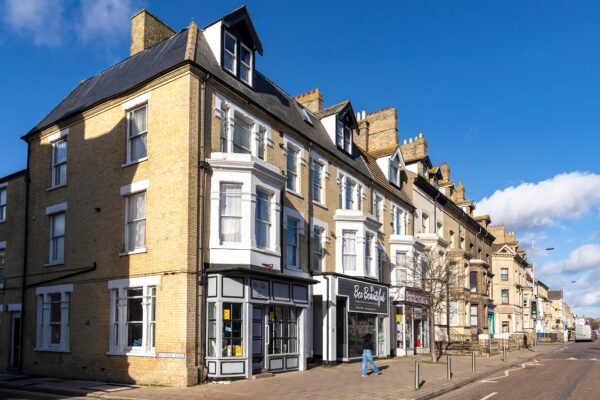In what circumstances, if any, is it appropriate to imply a term into a lease that prohibits a tenant from using the demised premises for an illegal purpose? That was the issue in Assethold Ltd v Interface Properties Ltd [2024] UKUT 371 (LC).
Andrew Butler QC and Edward Blakeney appear in important case about search orders

Andrew Butler QC and Edward Blakeney represented the Appellant (and Respondent to cross-appeal) in TBD (Owen Holland) Ltd. v Simons and others [2020] EWCA Civ 1182, an important Court of Appeal case about Search Orders. The decision is likely to herald a move away from Search Orders in favour of so-called “Imaging Orders”.
The Appellant (A) had employed the First Respondent (R1) in a senior managerial role. On the termination of R1’s employment, he had taken with him confidential information and other material belonging to A and gone to work for a company, R2, in competition with A.
A commenced proceedings against R1 and R2. An injunction was obtained requiring them to declare what material of A’s they had in their possession, and to return it to A. R1 and R2 purported to comply, swearing Affidavits and filing a Defence. It subsequently came to A’s attention that R1 and R2’s cases, as set out in these documents, were untruthful. A therefore obtained a Search Order enabling it to search the premises of R2. Following the search, R1 swore a further Affidavit admitting dishonesty.
Having acquired certain incriminating material from the search, A (without opposition) amended its claim and joined new Defendants (R3, R4 and R5); and Rs 3-5 filed a Defence.
Three months later, it was held in a different High Court case (A v B [2019] EWHC 2089) that the purpose of Search Orders was solely the preservation of documents; such orders did not, of themselves, permit the inspection and use of those documents in the proceedings.
Following this decision, Rs 3-5 applied to strike out the claim against them, on the basis that A had used documents obtained in the search without obtaining a further order of the kind contemplated by A v B. R5 also contended that he had litigation and/or common interest privilege in one particularly incriminating document relied upon by A as evidence of conspiracy.
The Judge, following A v B, accepted the submission of Rs 3-5 about what the Search Order permitted. He declined to strike out, but stayed the claim pending a relevance review of the searched material by an independent solicitor. He also halted committal proceedings for which permission had either been given (in the case of R1) or was being sought (in the case of R5).
On appeal, the Court of Appeal has upheld this decision, albeit varying the order so that the relevance review can be carried out by R3-5’s solicitor. However, the Court of Appeal dismissed R5’s claim to be entitled to privilege in the incriminating document.
The Court of Appeal observed that, in the digital age, the objectives of a Search Order should be capable of being met by what they described as an Imaging Order, requiring respondents to allow an applicant’s computer expert to enter premises and simply take an image of soft-copy documents for preservation pending disclosure and inspection. This would obviate the need for any search of hard copy documents. The Court stated that Imaging Orders and Search Orders were not to be granted together as a matter of course – if an Imaging Order is justified, it should be presumed unless the contrary is shown that a Search Order is unnecessary. Applicants will therefore have to justify the need for both.
The Court invited the Rules Committee to draw up a standard form of Imaging Order as a matter of urgency.
A copy of the decision can be found here.






